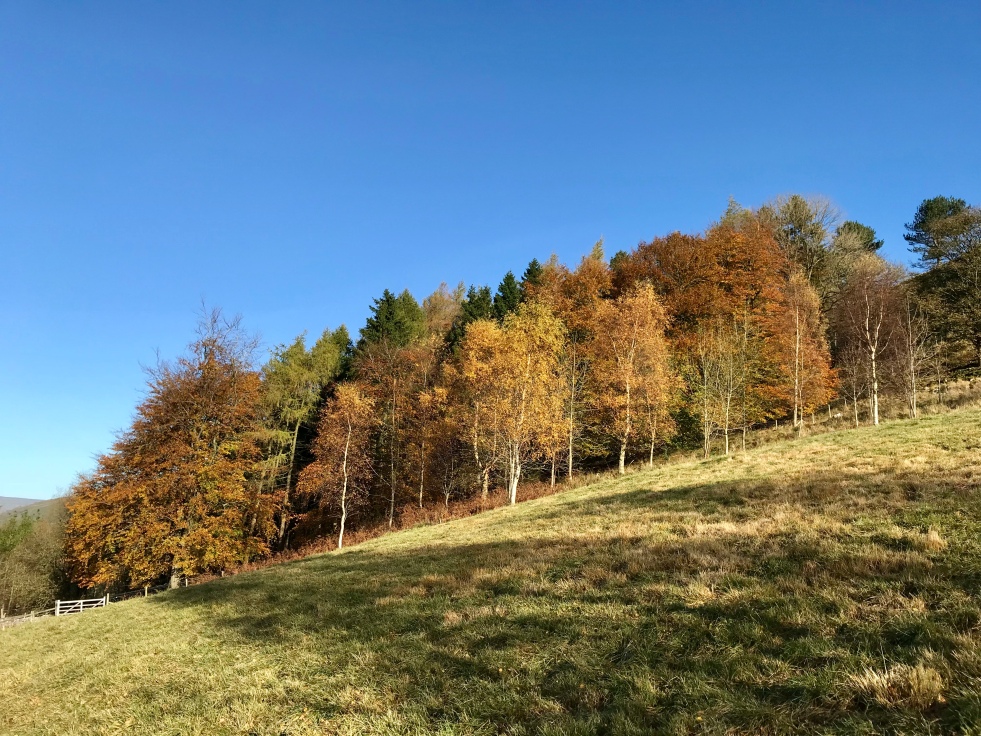Some quotes from Abraham Joshua Heschel’s wonderful and inspiring book The Sabbath, first published in 1951:
There is a realm of time where the goal is not to have but to be, not to own but to give, not to control but to share, not to subdue but to be in accord.
Things, when magnified, are forgeries of happiness, they are a threat to our very lives.
Commenting on the sanctification of time, Heschel notes:
Every hour is unique and the only one given at the moment, exclusive and endlessly precious.
Six days a week we wrestle with the world, … on the Sabbath we especially care for the seed of eternity planted in the soul.
… perfect rest is an art. It is the result of an accord of body, mind and imagination.
… the Sabbath is not dedicated exclusively to spiritual goals. It is a day of the soul as well as the body; comfort and pleasure are an integral part of the Sabbath observance.
The seventh day is the armistice of man’s cruel struggle for existence, a truce in all conflicts, personal and social, peace between man and man, man and nature, peace within man …. The seventh day is the exodus from tension, the liberation of man from his own muddiness, the installation of man as a sovereign in the world of time.
I found the following thought particularly remarkable:
One must abstain from toil and strain on the seventh day, even from strain in the service of God.
The Sabbath … is a profound conscious harmony of man and the world, a sympathy for all things and a participation in the spirit that unites what is below and what is above. All that is divine in the world is brought into union with God.
Heschel’s life- and creation-affirming theology is on display in these words as well:
Rabbi Shimeon’s doctrine was: There is only heaven and nothing else; but heaven contradicted him and said: There is heaven and everything else.
One must live and act as if the fate of all of time would depend on a single moment.
One good hour may be worth a lifetime; an instant of returning to God may restore what has been lost in years of escaping from him.


